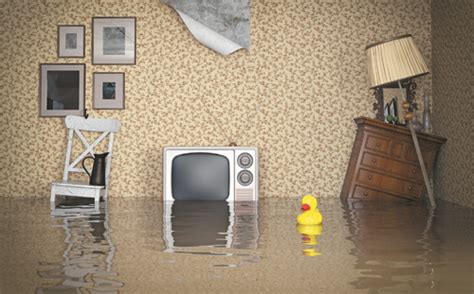Flooding and water damage are things no homeowner ever wants to deal with. But depending on where you live, your home may be prone to flooding.
If you’re buying a home, make sure that you’re aware of any flooding issues in the area and find out if there are prevention tools already in place to avoid flooding.
It’s also critical that homeowners understand that overland flooding, such as water swells from nearby rivers or lakes and water seepage through your foundation, are not covered under standard home insurance policies.
Along with the short-term mess and annoyance, floods can lead to other problems like respiratory issues, long-term damage not covered by insurance, and a decrease in property value.
“Basement flooding is a serious issue that needs to be approached in a proactive manner,” explains Glenn Cooper of Aviva Insurance. “Even a small crack or leak, if not addressed immediately, can lead to serious issues.”
Understanding the signs and being proactive about taking care of your home will help reduce your risk. Check out these tips:
1. Get a plumber to inspect your home once a year for potential issues that could lead to flooding. The inspection can help you find issues that could lead to a flood, including cracks in the foundation walls, poor drainage, and overflowing or clogged eaves troughs and downspouts.
2. Clean your eaves troughs on a regular basis.
3. Refrain from pouring harmful liquids down your drains.
4. Have a back-water valve installed to prevent sewer back-up..
5. Have a sump-pump with battery back-up in case of power outage and make sure to inspect it regularly to ensure it’s working correctly.
6. Ensure landscaping slopes away from the house.
The Author:
Find more information through your insurance broker or online at avivawaterprotection.ca.
Source and Photo. (NC) www.newscanada.com
